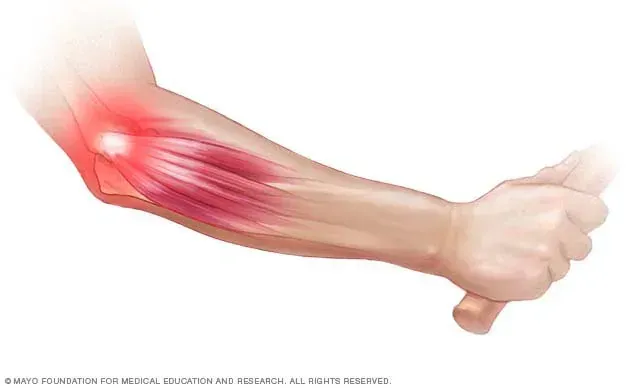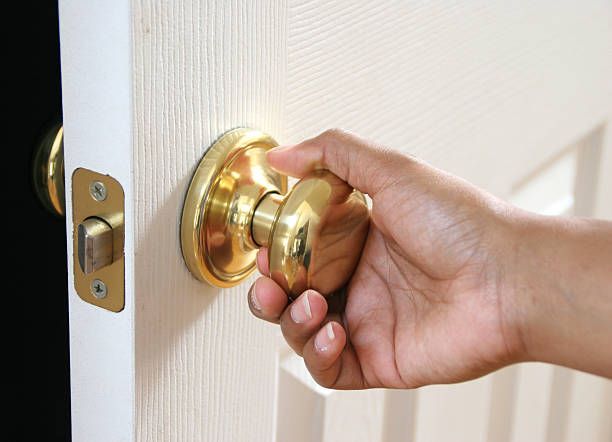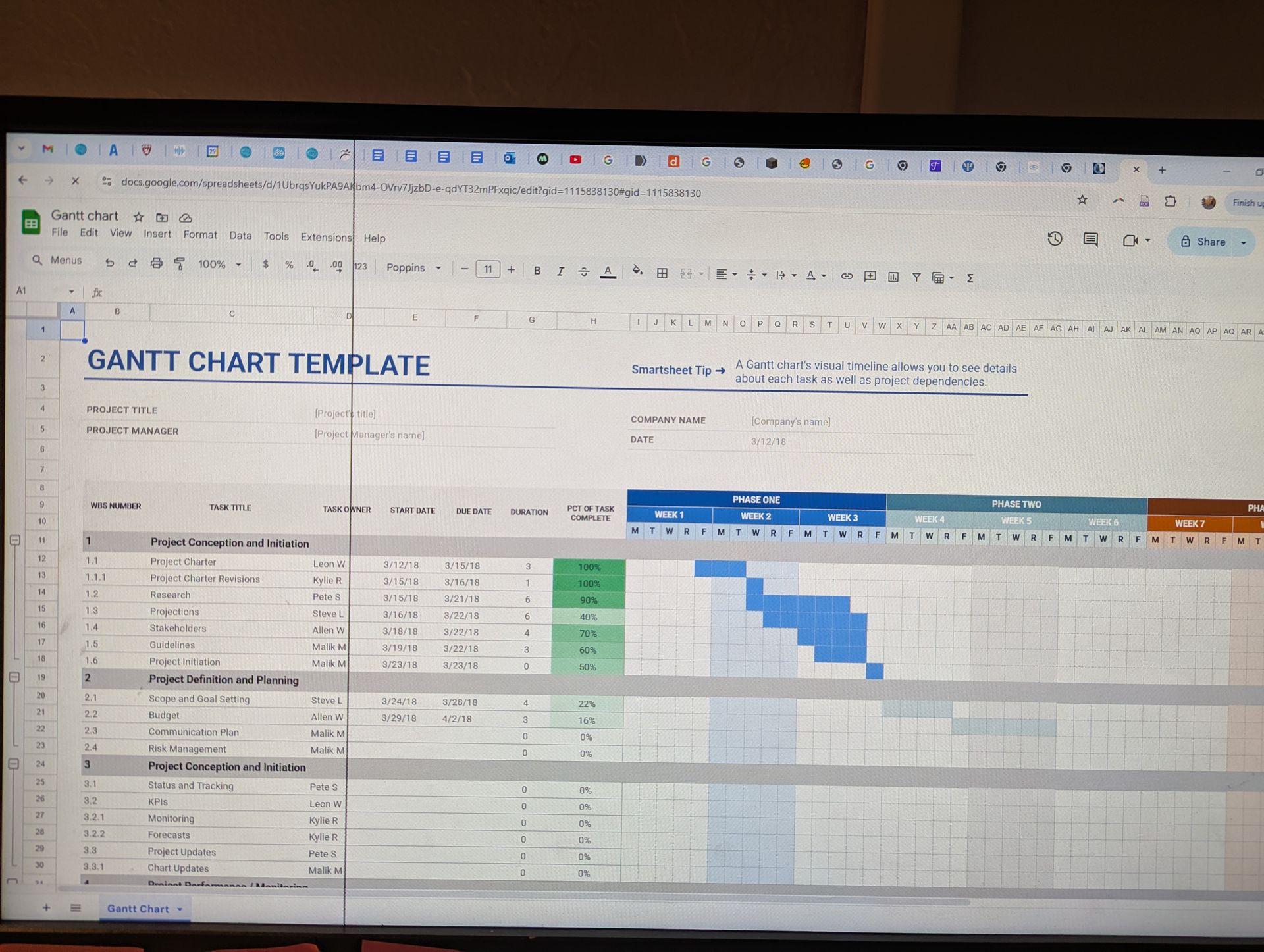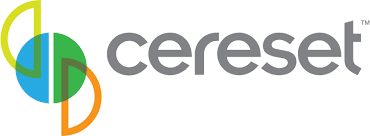Tennis Elbow Recovery
Facing forward with arms outstretched and palms up pain on the outside of the elbow is known as Tennis Elbow.
When the pain is on the inside of the elbow, it is commonly referred to as Golfer's Elbow.
Medically known as lateral epicondylitis, Tennis Elbow results from overuse of the muscles and tendons in the elbow. Tennis elbow is usually associated with repitious motion of the wrist and arm. Typically, the muscles become overused and unable to carry the load transfering that load to the tendons. Most people with tennis elbow didn't get it from playing tennis.
Jobs like plumbers, painter, carpenters, custodians, butchers and typing that involve repeated movements can lead to tennis elbow.
Sports that involve repititous swinging like racket sports, baseball, lacrosse, even weightlifting. Additionally, sometimes tennis elbow can occur without a clear cause.
The pain of tennis elbow usually begins in the tough, cord-like tissues (tendons) where the forearm muscles attach to a bony bump on the outside of the elbow. (see picture above). Starting in the tendons, the pain can spread into the forearm and wrist.
With rest, pain medicines and physical therapy (Insurance covered medicine) approximately 91% of people will have recovered at 1 year. While a solid recovery rate, this approach (esp. the lengths of rest from favorite sports and work) can be challenging.
At HOPE Wellness Institute we use recent functional neurological research to understand and accelorate your speed of recovery.
This is paragraph text. Click it or hit the Manage Text button to change the font, color, size, format, and more. To set up site-wide paragraph and title styles, go to Site Theme.
Symptoms
- Soreness
- Stiffness
- Tenderness
- Pain and burning - may be worse at night
- Warmth or swelling around the elbow joint
Treatments
Rest -
Brace -
physical Therapy - Mixed optinions on what treatment protocol is the most effective.
Alzheimer's Marker Quiz
Permission to reprint our articles will most likely be granted
but we request a contact first please. © 2025
The consultation will include actionable items* for the symptoms you identify here.
Venice Sullivan phd
- Founder HOPE Wellness Institute
- Navy Veteran
- Neuromuscular Therapist
- Owner Fair Oaks Cereset
HOPE Wellness Institute
- Anxiety
- Brain Anti Aging
- Brain Fog
- Car Accident
- Concussion
- Computer Screen Syndrome
- Divorce
- First Responders
- Focus
- Long COVID
- Peak Performance
- PTSD
- Sleep
- Sports Injury
- Stop Smoking support
- Stress
* When under the care of a medical practioner, their advice should be followed in any situation where it differs.
We do not prescribe or suggest changing any medicines, herbs and/or supplements prescribed by others. We do expect clients closely monitor with your prescriber all prescriptions during and for at least 6 months following your work at HOPE and adjust them appropriately. Symptomatic changes and diagnostic changes do not necessarily occur in unison and either can precede the other. Both may be observed following sessions. Work with your prescriber and track it.
Should you want to reduce/ eliminate the use of medications or supplements; Especially when that needs to be a stepped process, we have several tools that help. These must be used in coordination with your prescriber.
Content came from:
Mayo Clinic -
https://www.mayoclinic.org/diseases-conditions/tennis-elbow/symptoms-causes/syc-20351987
WebMD -
https://www.webmd.com/fitness-exercise/tennis-elbow-lateral-epicondylitis
Dignity Health - https://www.dignityhealth.org/conditions-and-treatments/orthopedics/common-elbow-injuries-and-conditions/tennis-elbow






